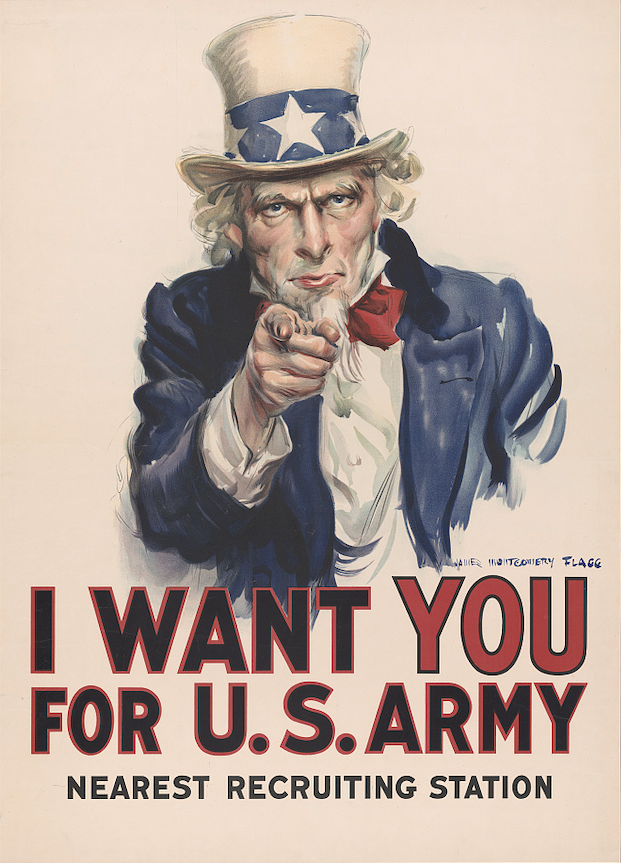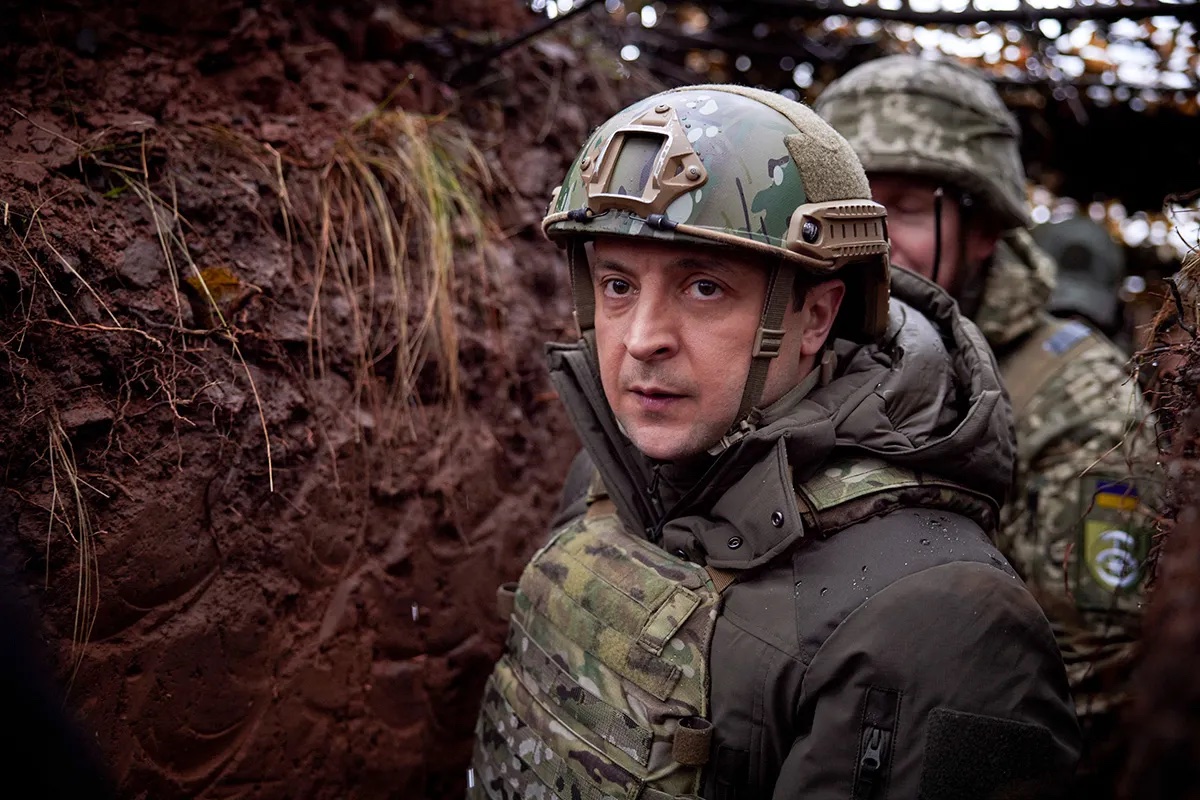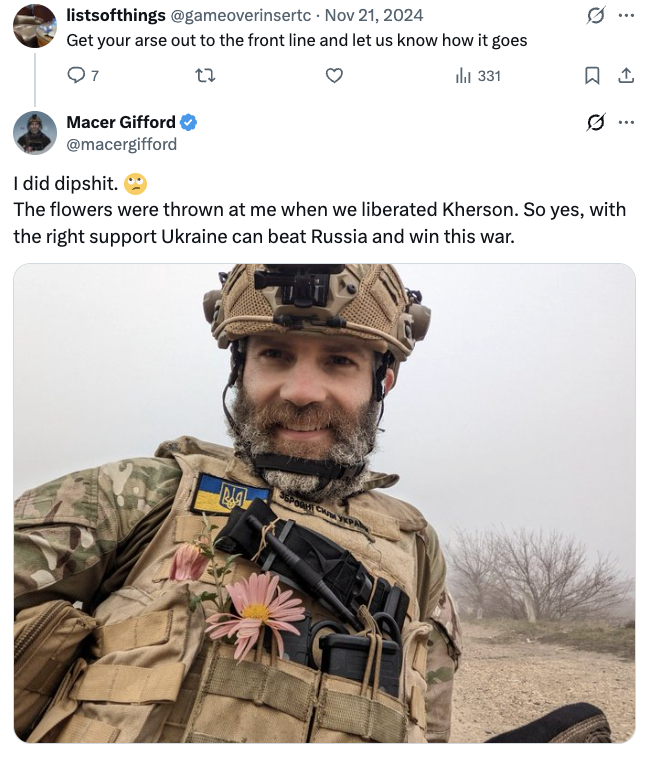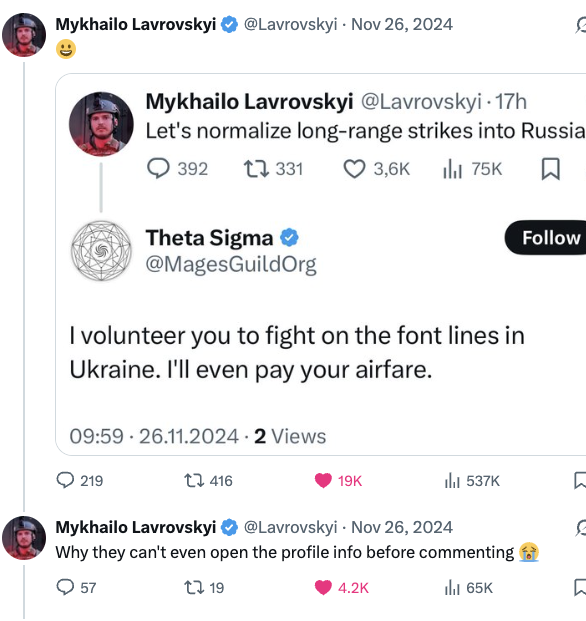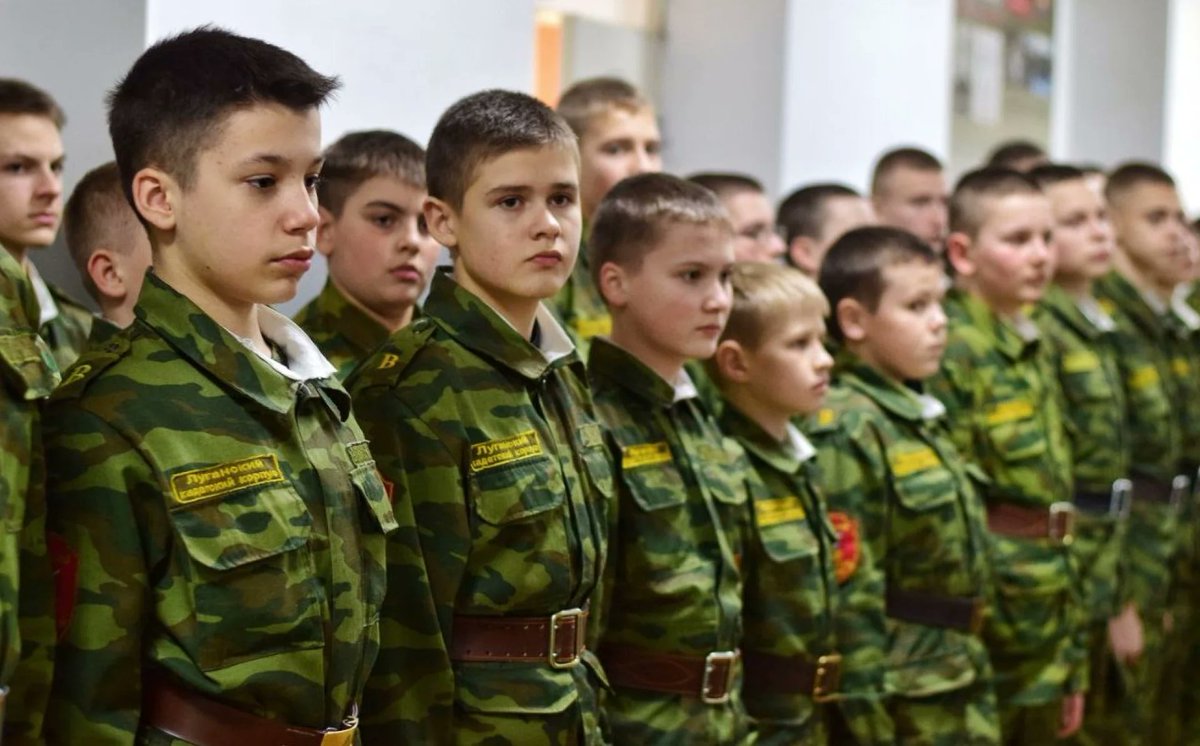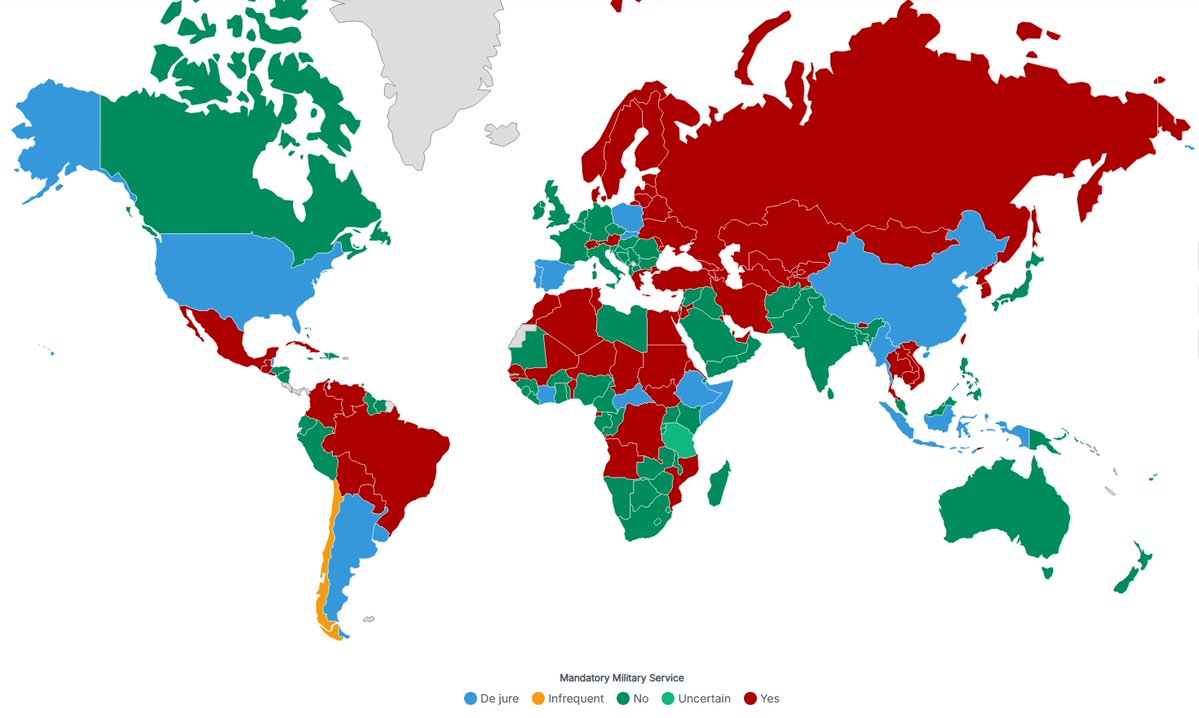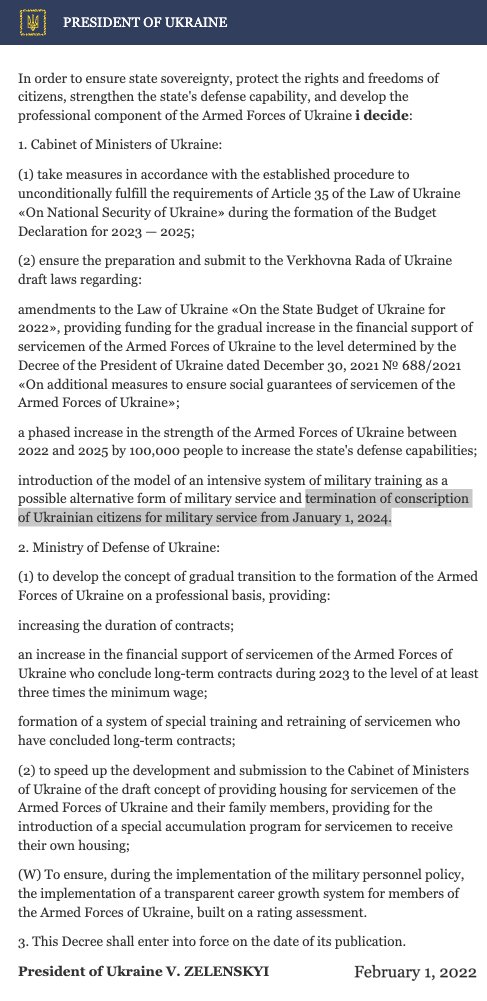In today's #vatniksoup I'll be introducing a new series, "Bakhmut porridge",where I talk about life in the front lines. My source for all this is veteran fighter, Sisu,who has been fighting for Ukraine since Mar, 2022. I've received solid proof for his identity and location.
1/14
1/14

For security reasons I will be using only AI-generated images. We might use real images on later editions.
Our discussion started by me just asking questions from Sisu and him answering, if he could. One of my first questions was naturally: "Why did you want to volunteer?"
2/14
Our discussion started by me just asking questions from Sisu and him answering, if he could. One of my first questions was naturally: "Why did you want to volunteer?"
2/14

Sisu's family tree is full of professional soldiers and once the call came, he didn't hesitate at all. Besides, this is not his first gig and he states that if he survives, it won't be his last, either.
3/14
3/14

90% of the gear he's using he's had for years - basically he's been preparing for war since 2015. He's received an automatic rifle and some technical gear from his unit, but everything else he's bought by himself.
4/14
4/14

Sisu comes from Finland, so handling the cold has been much easier for him than for other foreign volunteers. When asked about Ukrainian winter, he simply replied: "What winter?" He rarely has gigs that last over 48 hours, so he usually gets to sleep inside.
5/14
5/14

For those longer stints, he has a sleeping bag and a hypothermia bag. For the rainy and muddy seasons, he wears gore-tex and pairs of extra socks - a luxury that most people who are fighting in the front do not have.
6/14
6/14

Most of the time Sisu spends training and planning out upcoming operations. In his spare time, he tends to himself, takes care of his equipment and sleeps. Operations themselves take relatively little time.
7/14
7/14
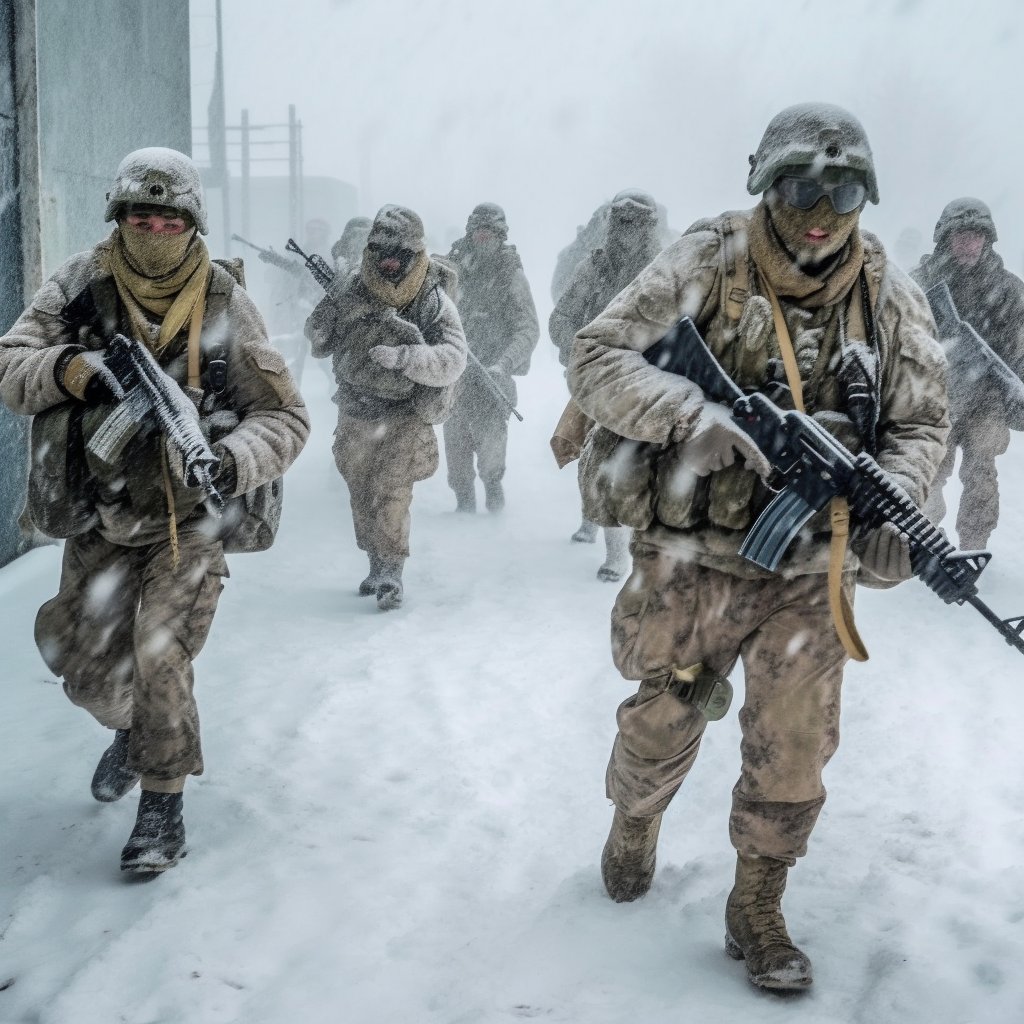
When asked about challenges, he states that the two most difficult things are 1) finding a good unit that cooperates well together, and 2) handling unprofessionalism and "jack-assery". War is hell and people deal with it differently: some turn off their emotions, others...
8/14
8/14

...resort to alcohol. Sisu tells me a story of 3 soldiers being drunk at watch while the enemy was as close as 20 meters from them.
He says that people come to Ukraine with high hopes of heroism, but most of them leave after first enemy contact.
9/14
He says that people come to Ukraine with high hopes of heroism, but most of them leave after first enemy contact.
9/14

The rose-stinted glasses come off quickly once people see war as it is. In regard to combat situations, Sisu claims that he becomes cold, emotionless, a rational machine: "In this war, there's endless amount of disappointments to anyone who tries to be optimistic".
10/14
10/14

He's stationed in Bakhmut, which he describes as "a town completely destroyed by shelling, missiles, tanks, rockets and grenades". "There's nothing but ruins, burning cars, destroyed tanks and APC's.
11/14

11/14


People with thousand-yard stares, pondering why they are still fighting for this unimportant town", he continues.
But for the locals, there are only two options: victory or death. Sisu tells me a story about how they were walking down a road with his unit while indirect.. 12/14

But for the locals, there are only two options: victory or death. Sisu tells me a story about how they were walking down a road with his unit while indirect.. 12/14


...artillery was constantly exploding around them, when an old lady came along, casually carrying a water bucket. This was about three weeks ago.
He also says that even though the "hotspots" are naturally the most dangerous, there is no safe place anywhere in the front.
13/14
He also says that even though the "hotspots" are naturally the most dangerous, there is no safe place anywhere in the front.
13/14

"Nobody should experience war. There are only losers in war, the only difference is what and how much you lose", he concludes.
Got questions for Sisu? Post them below 👇
Support Sisu and other Finnish fighters: yourfinnishfriends.org/nain-voit-autt…
14/14
Got questions for Sisu? Post them below 👇
Support Sisu and other Finnish fighters: yourfinnishfriends.org/nain-voit-autt…
14/14
• • •
Missing some Tweet in this thread? You can try to
force a refresh


